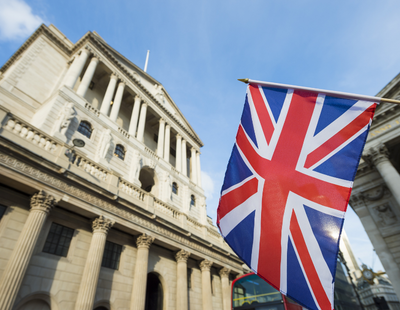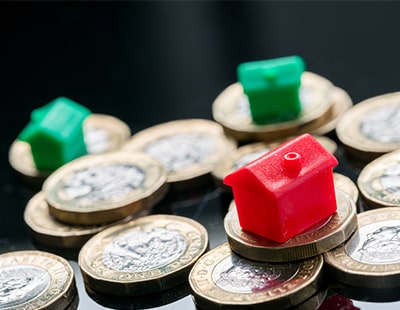
The volatile economy is forcing small agencies and other modest-sized businesses to put on hold millions of pounds of spending on energy-saving measures, a new study has revealed.
Hundreds of SME firms have delayed plans including replacing out-of-date heating, ventilation or air conditioning with more efficient equipment, replacing roof and wall insulation or window upgrades.
A survey by specialist lender Together, which provides commercial finance to agencies and other businesses, found that two thirds had shelved their ‘greening’ plans as a result of economic uncertainty.
It highlights a “significant” gap of nearly £147,000 of planned business investment compared to what was actually invested in the past 12 months.
One in five have delayed installing solar panels: 18 per cent have put on ice plans to upgrade lighting to longer-lasting LEDs; and 17 per cent have shelved installing or replacing heating, ventilation and air conditioning with more efficient equipment.
Meanwhile, 14 per cent have delayed replacing windows and another 14 per cent have put on hold installing internal or external wall or roof insulation. Only 16 per cent have carried out plans to put in place energy saving measures, while another 16 per cent said they had no plans to invest.
The study suggests SMEs are more concerned about soaring costs associated with the day-to-day running of their business with fuel (37 per cent), input price inflation - the cost of raw materials, labour, and transportation (34 per cent) - and access to finance for expansion (18 per cent) among the top ten factors having the most impact on their organisations.
From April next year, commercial buildings must have an Energy Performance Certificate rating of at least Grade E to be let to tenants, and there is a longer term target for all commercial buildings to be rated a minimum of Grade B by 2030.
However the study highlights SMEs’ pent-up investment on energy-saving projects in light of leading economists’ predictions that the UK economy will grow, albeit slowly, from 2024 onwards.
Together’s survey revealed that 73 per cent of business leaders expected to increase spend on their company’s energy-saving measures by an average of £225,000, following an expected improvement in economic conditions.
Sean Williams, head of professional sector at Together, says: “What’s clear from our research is that SMEs are feeling the harsh effects of the current economic climate, and this is forcing them to make tough choices when it comes to taking necessary steps towards reducing carbon emissions.
“There are about 5.6m SMEs in the UK – 99.9 per cent of the country’s business population – so improving energy consumption in this sector is crucial if we’re going to meet the Government’s targets, with UK business a key driver for change.
“Our research highlights some major positives, with more than seven in ten business leaders expecting to increase investment in energy-saving measures in the longer term as the economy begins to recover, as experts have predicted. So while there are concerns that vital business investment has been paused, there is an appetite to invest once we begin to see the green shoots of recovery. Specialist lenders such as Together will be able to support these SMEs to reach their zero-carbon ambitions.”













%20-%20IMAGE%20Client%20Accounting%20%E2%80%93%20what%20are%20your%20options.jpg)









Join the conversation
Be the first to comment (please use the comment box below)
Please login to comment